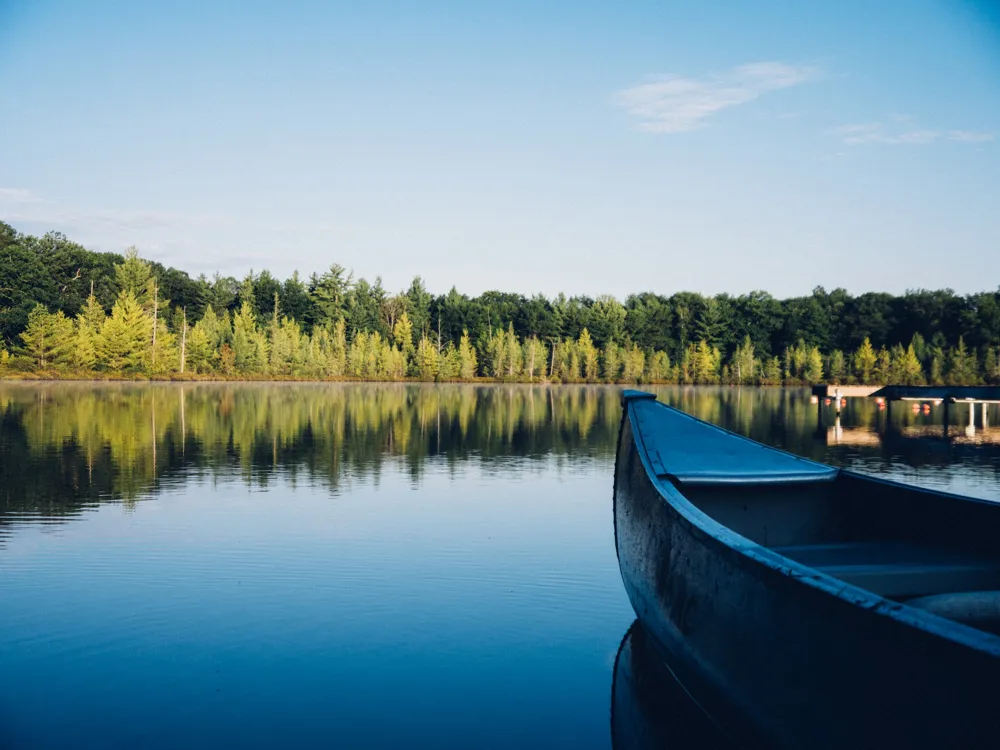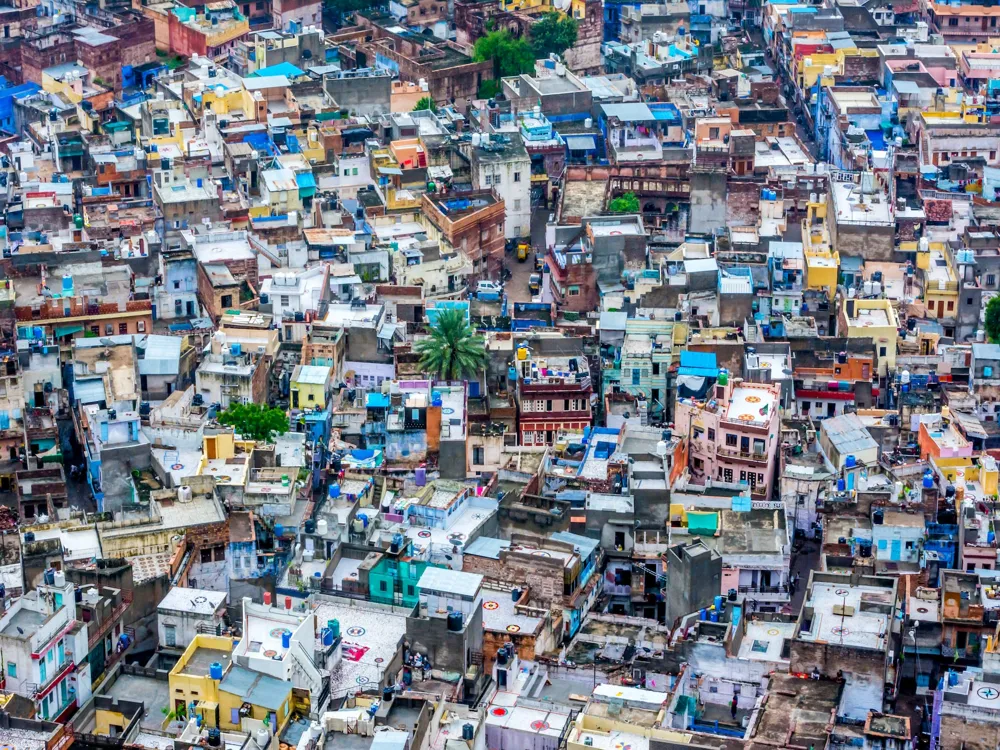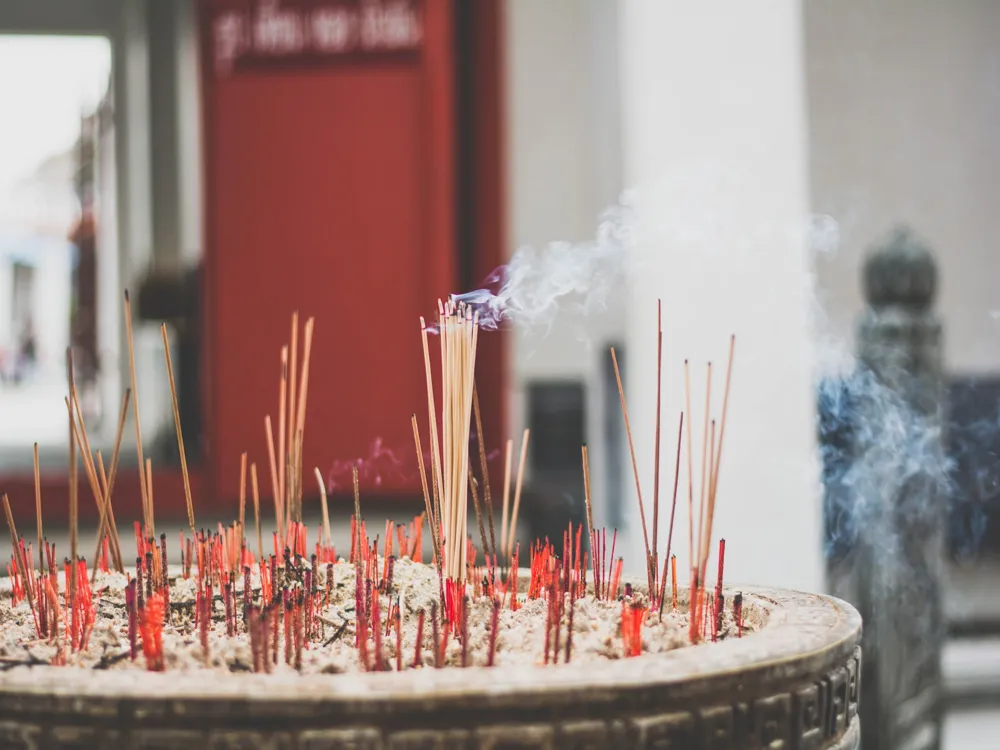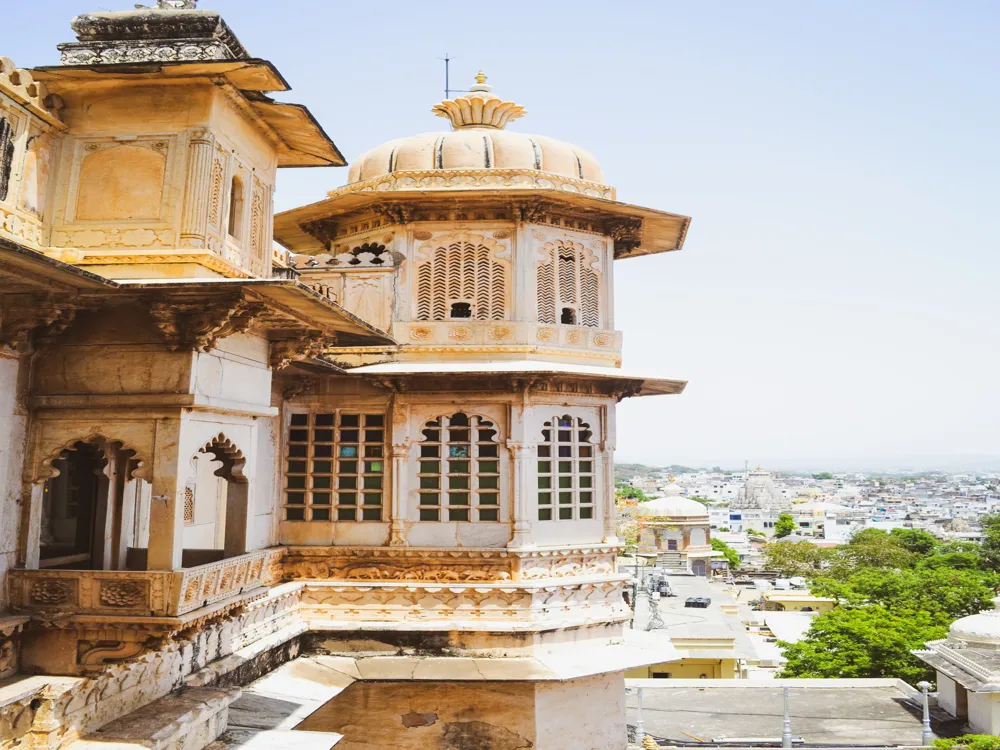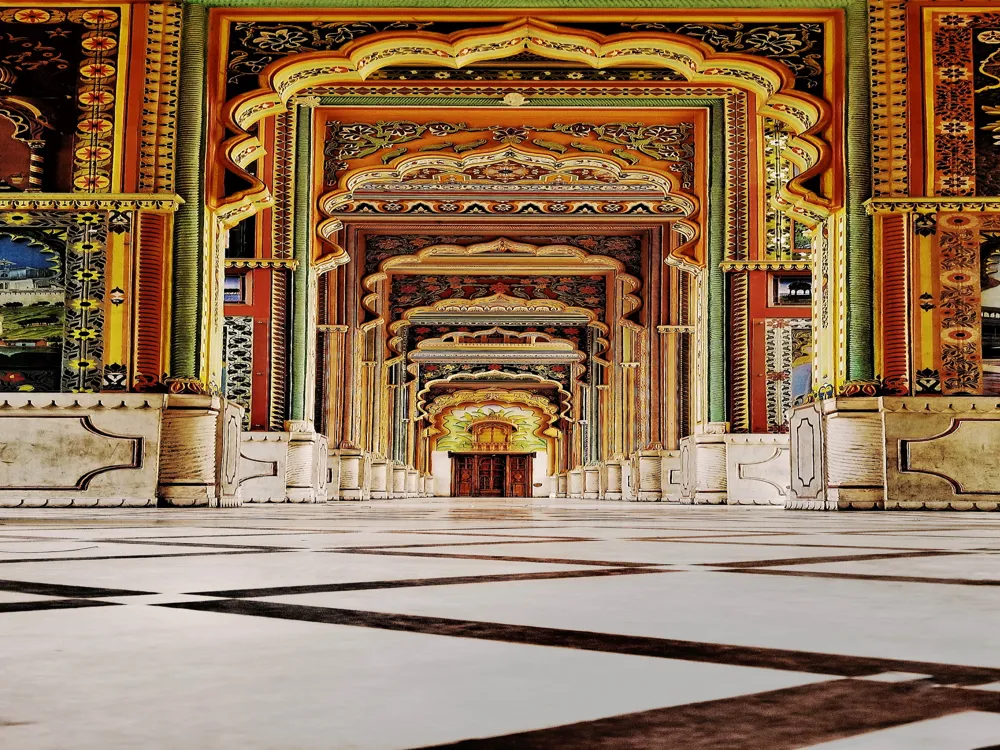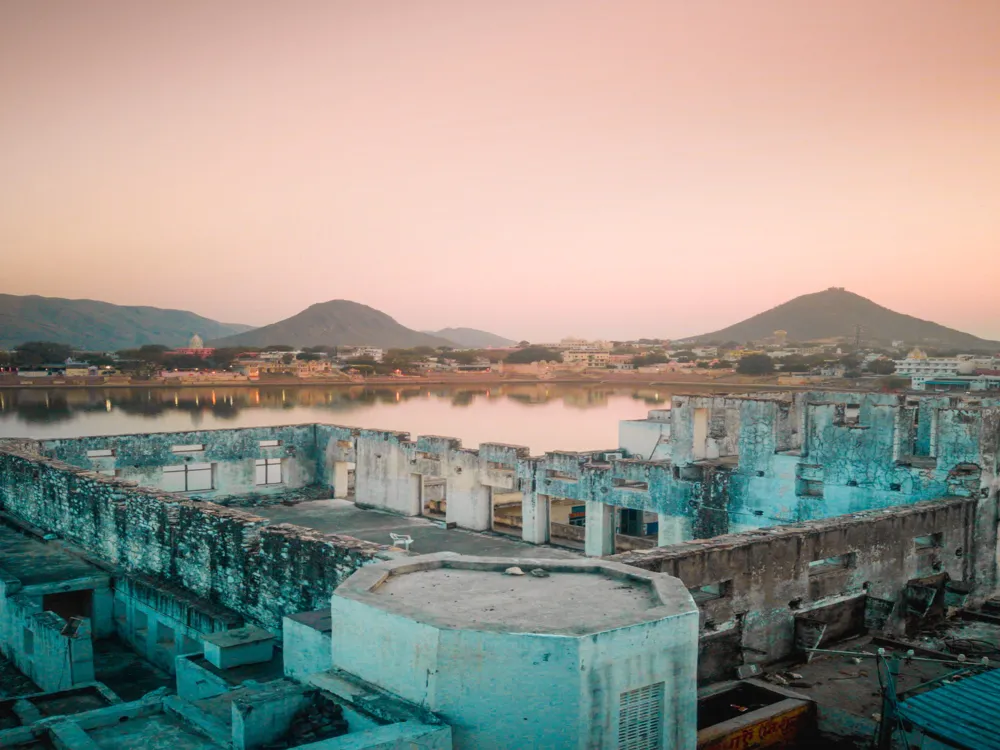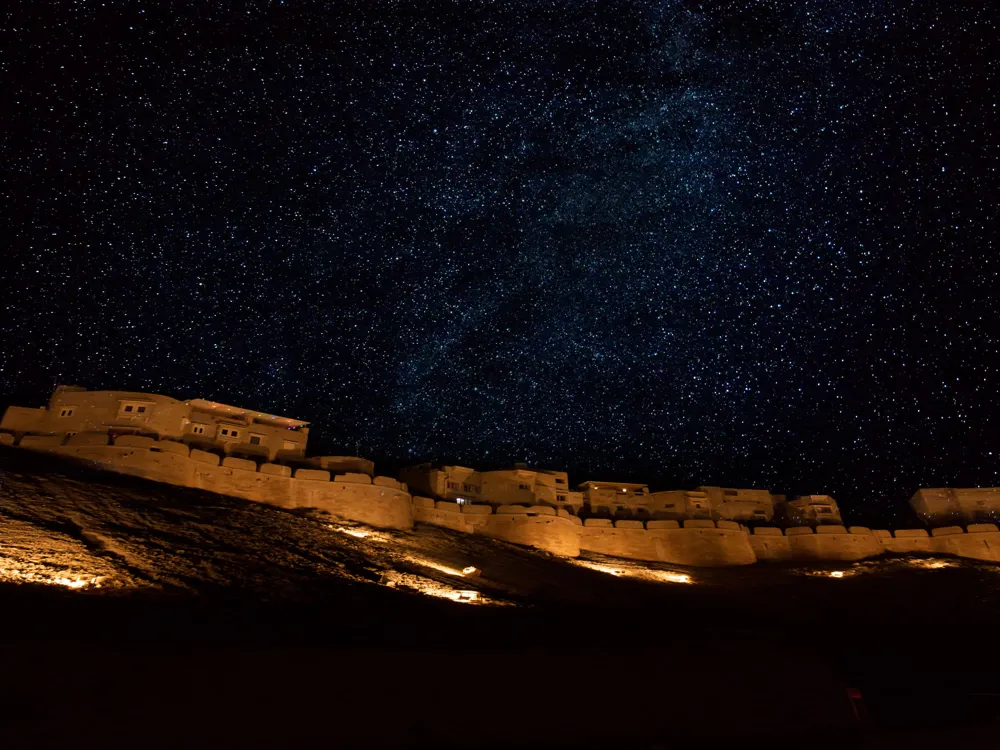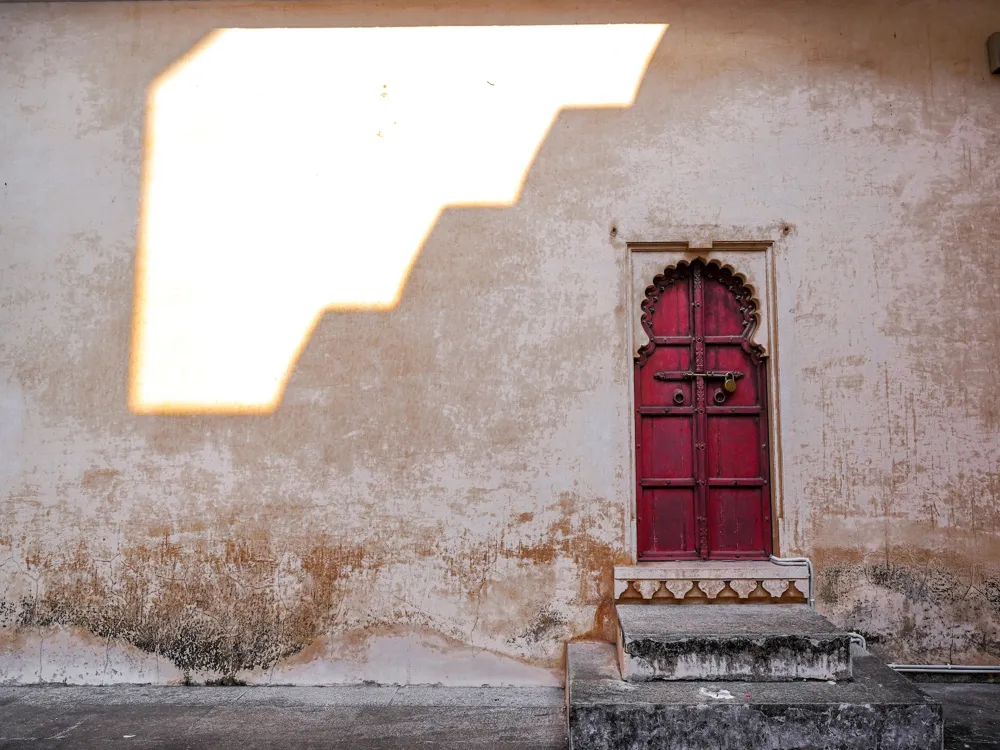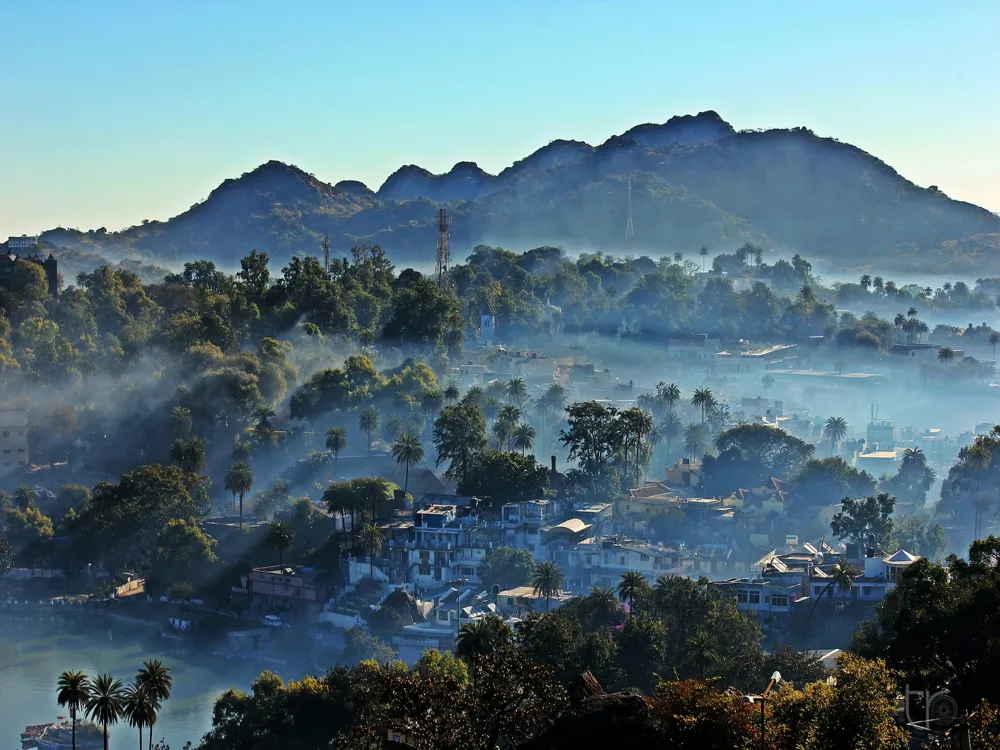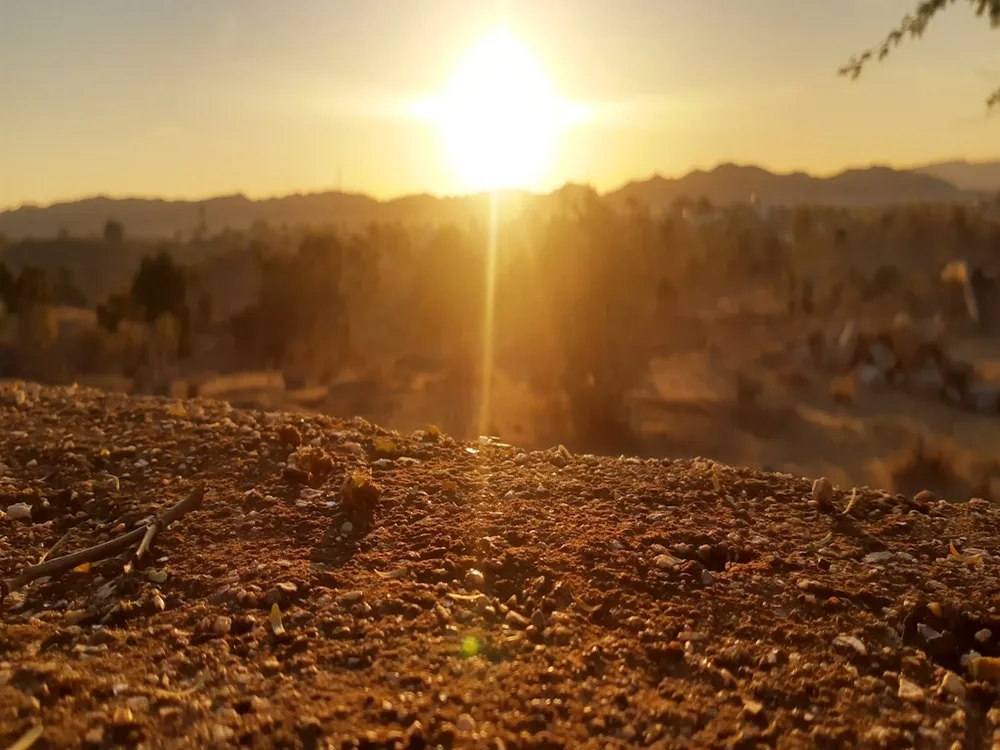Nestled in the heart of the enchanting city of Jodhpur, Rajasthan, Hanwant Mahal stands as a timeless testament to the grandeur of Rajputana architecture. Built in the mid-20th century, this majestic palace offers a panoramic view of the city and the imposing Mehrangarh Fort. The palace's history is intertwined with the life of Maharaja Hanwant Singh, a visionary ruler and an ardent patron of the arts. Hanwant Mahal, now transformed into a luxury dining destination, continues to allure visitors with its historical charm and architectural beauty. The palace's architecture is a splendid fusion of traditional Rajputana styles with contemporary influences, reflecting the Maharaja's progressive outlook. Its facade is adorned with intricate jharokhas (overhanging enclosed balconies), chhatris (domed pavilions), and jaalis (lattice screens), showcasing the exquisite craftsmanship of the era. The interiors of Hanwant Mahal are equally impressive, with detailed frescoes, ornate ceilings, and an array of artifacts that narrate stories of a bygone era. The lush gardens surrounding the palace add to its serene ambiance, making it a perfect retreat in the heart of Jodhpur. The architectural splendor of Hanwant Mahal is a remarkable blend of innovation and tradition. Its structure, primarily made of red sandstone, stands in harmonious contrast with the blue city of Jodhpur. The palace's design exemplifies the Rajputana architectural principles, emphasizing symmetry, grandeur, and a connection with nature. The facade is a striking example of balance and proportion, with evenly spaced jharokhas and jaalis creating an interplay of light and shadow that changes with the day's progression. The main hall, or the Durbar Hall, is the centerpiece of the palace. It is adorned with high ceilings, elaborate chandeliers, and exquisite murals that depict scenes from Rajasthani folklore and history. The use of vibrant colors and gold leaf in the frescoes highlights the opulence of Rajput royalty. The palace also features a series of courtyards, each designed with a specific purpose, from formal gatherings to intimate family events. These courtyards are adorned with fountains and meticulously landscaped gardens, providing a tranquil oasis in the midst of the bustling city. The ideal time to visit Hanwant Mahal is between October and March when the weather in Jodhpur is pleasant. The cooler temperatures during these months provide a comfortable environment for exploring the palace and its surroundings. Opt for a guided tour to gain an in-depth understanding of the palace's history, architecture, and the stories of the royal family. Knowledgeable guides can provide fascinating insights that are not readily available in guidebooks. Enjoy a meal at the palace's restaurant, which offers a blend of traditional Rajasthani cuisine and international dishes. Dining at Hanwant Mahal is an experience in itself, combining exquisite flavors with the regal ambiance of the palace. Hanwant Mahal is a photographer's delight. However, be mindful of photography restrictions in certain areas. Always ask for permission before taking pictures of the staff or the interiors. Keep an eye out for cultural events and performances held at the palace, especially during festive seasons. These events offer a glimpse into the rich cultural heritage of Rajasthan. Hanwant Mahal is easily accessible from various parts of Jodhpur. The palace is located approximately 5 kilometers from the Jodhpur Railway Station and 6 kilometers from the Jodhpur Airport. Visitors can hire taxis or auto-rickshaws to reach the palace. For those driving, there is ample parking available near the palace premises. Additionally, many local buses ply to the area, making it convenient for travelers to reach Hanwant Mahal from different parts of the city. Read MoreOverview of Hanwant Mahal, Jodhpur, Rajasthan
Architecture of Hanwant Mahal
Tips When Visiting Hanwant Mahal
Best Time to Visit
Guided Tours
Dining Experience
Photography
Cultural Events
How To Reach Hanwant Mahal
Jodhpur Tourism
Hanwant Mahal
Jodhpur
Rajasthan
₹ 12,000 onwards
View jodhpur Packages
Jodhpur Travel Packages
View All Packages For Jodhpur
Top Hotel Collections for Jodhpur

Private Pool

Luxury Hotels

5-Star Hotels

Pet Friendly
Top Hotels Near Jodhpur
Other Top Ranking Places In Jodhpur
View All Places To Visit In jodhpur
View jodhpur Packages
Jodhpur Travel Packages
View All Packages For Jodhpur
Top Hotel Collections for Jodhpur

Private Pool

Luxury Hotels

5-Star Hotels

Pet Friendly







